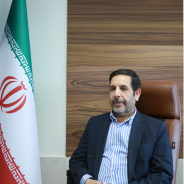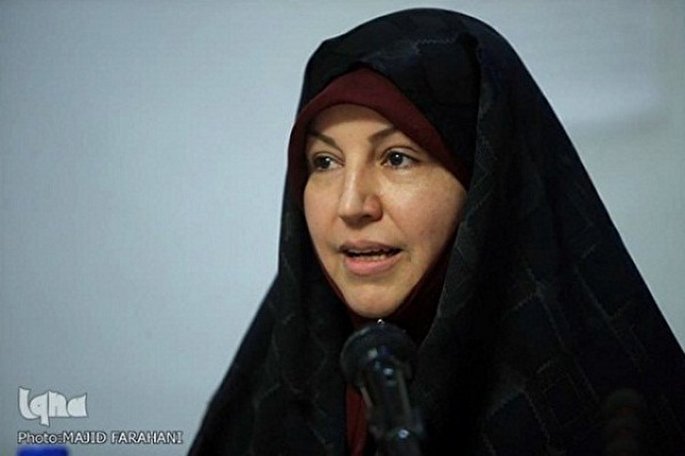Comparative Analysis of the Mystical Theories of Ibn Arabi and Rumi on the Unity of Being: Examining its Influence on Mystical Conduct
Keywords:
Unity of Being, Ibn Arabi, Rumi, Islamic mysticism, mystical conduct, comparative analysis, divine love, mystical philosophyAbstract
The concept of the Unity of Being is one of the fundamental principles in Islamic mysticism, extensively discussed and elaborated upon by two of its greatest mystics, Muḥyiddīn Ibn Arabi and Jalāl al-Dīn Rumi. This article presents a comparative analysis of their theories on the Unity of Being and examines the impact of these theories on the mystical conduct of their followers. Ibn Arabi, with a philosophical and rational approach, proposes the Unity of Being as an ontological principle wherein God is the absolute existence, and all creatures are manifestations of Him. In contrast, Rumi, through an experiential and emotional approach, explains the Unity of Being via love and mystical experience, where divine love is the driving force for closeness to God and experiencing unity. The comparative analysis reveals that the differing approaches of these two thinkers have had varied influences on the mystical paths of their followers; Ibn Arabi's followers were guided toward a path based on philosophical thought and rational understanding, while Rumi's followers pursued a path rooted in love and spiritual ecstasy. These differences highlight the richness of Islamic mysticism and the diversity of its spiritual paths. In conclusion, suggestions for future research in the field of Islamic mysticism and the Unity of Being are offered, which can contribute to a deeper understanding of this concept and its applications in the contemporary world.























